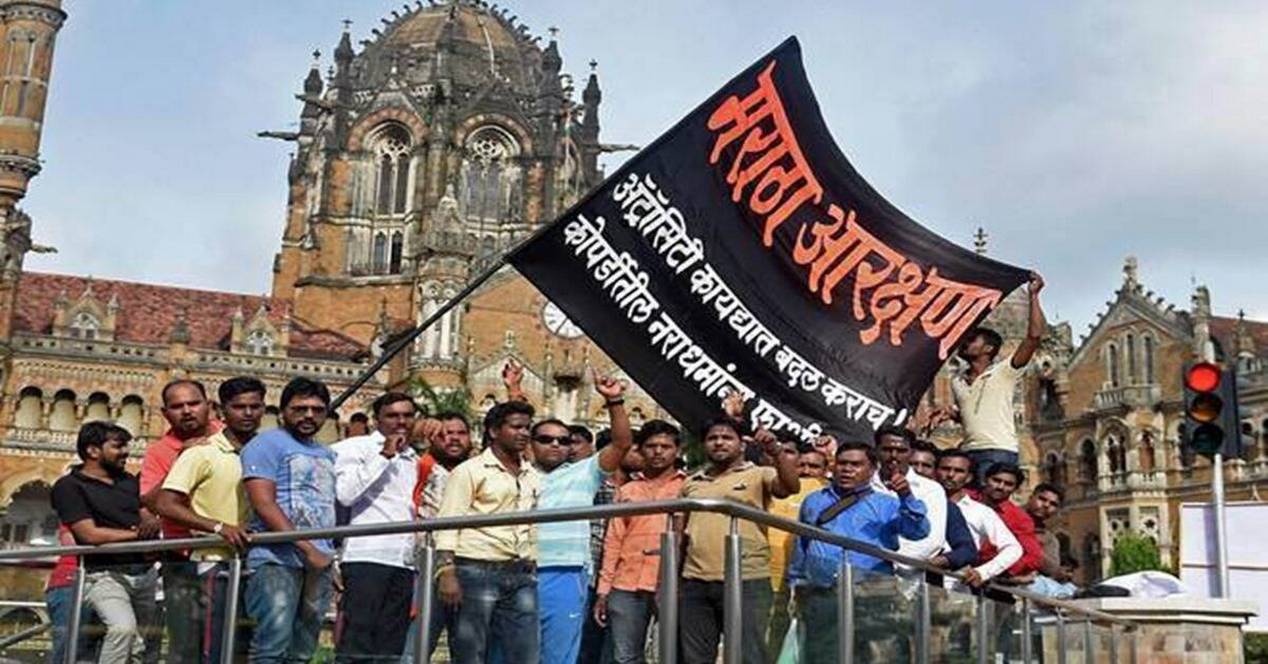Analysis
Can States’ Powers to Recognise OBCs be Restored?
The Supreme Court has refused to review its Maratha judgment.

By a 3:2 majority, the Maratha judgment had held that the Amendment took away States’ powers to identify ‘socially and educationally backward classes’. This is the category under which many States and the Centre identify OBCs, MBCs and other ‘backward classes’ besides Scheduled Castes and Scheduled Tribes.
In an order dated 28 June, a five-judge Bench dismissed the application for review on the Maratha judgment. The Union had filed the review petition, seeking the Court’s reconsideration of its interpretation of the 102nd Constitutional Amendment Act, 2018.
In this post, we explore the path forward. If the Union Government does not wish to implement the judgment, then it must find a way to reverse the ruling. This can be done either through a Constitutional Amendment or further litigation.
Amending the Constitution
The option of amending the Constitution was brought up by BJP MP Sushil Kumar Modi, among others. The Union Government may introduce an amendment bill in Parliament to clarify that States’ powers to identify backward classes will remain unaffected.
The Amendment would have to provide a clear mandate to States to recognise OBCs. In the 102nd Amendment, Parliament had noted the power of the Union, but seemed to exclude States. It was this exclusion that led to the Maratha judgment. So, the Amendment to reverse it would have to ensure that it makes the powers of States explicit.
Such an amendment would not be unprecedented. The 1st Amendment Act, 1951 was also enacted to clarify the freedom of speech and property rights after unfavourable rulings from the Courts. Similarly, parts of Indra Sawhney have also been reversed by the 77th, 81st and 103rd Amendments.
Will Grounds for Review/‘Cure’ Arise?
Occasionally, a Court’s judgment can be reversed by the Court itself. One of these is through a review petition. However, a review petition has already been dismissed. Another review can only be filed if there is a significant change in circumstances that allows another petition to be filed.
A curative petition, on the other hand, could be allowed immediately. Unlike a review petition which is based on the idea that the original judgment did not consider a certain issue missed something, a curative petition would be successful if the Court believes it has made a blatant error in judgment even though it had all the arguments before it. In 2018, the Supreme Court accepted a curative petition on the constitutionality of section 377 IPC, 1860. This was because a nine-judge bench in the right to privacy case had cast doubt on its earlier ruling which upheld section 377. Another bench heard arguments on the matter again and read down the section.
So, if there is a change in the law, or the Court later casts doubt in this judgment, then this might cause the Court to consider a review. However, this is unlikely to happen in the near future and it is a path that is not within the control of either the Centre or State governments.
